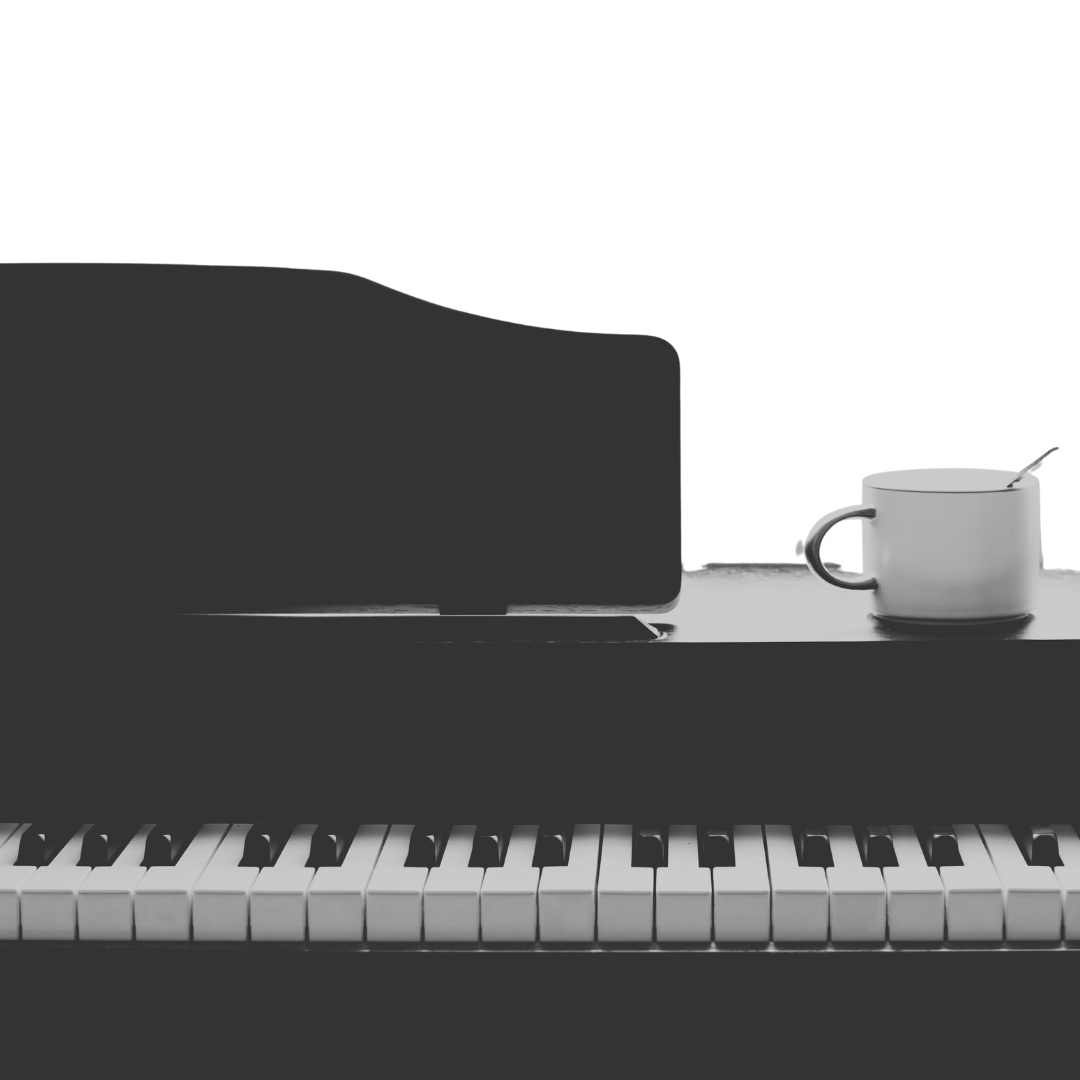Here’s how putting aside your “nemesis” piece provides a fresh and indispensable vantage point.
Tension is necessary—but top college pianists say it’s their biggest challenge. Here’s how to manage it!
This interactive article is all about how we each develop our own unique method to do the things we do.
There is a an additional layer of comfort when taking a lesson from your own home and on your very own instrument. Online lessons also allow for more flexible scheduling, including the ability to take a lesson while traveling or after a move.
Do you hold your breath while playing piano? Here’s how I learned all about breathing by being a chronic breath holder!
Playing a D.S. Standard Keyboard transformed my small-handed piano experience—here’s why!
Research shows rethinking "anxiety" as "excitement" boosts performance—here’s how!
Preparing for your online Feldenkrais® class? Setup your space with the right mat and props to help you feel confident, supported, and ready to move.
I highly recommend starting out with an acoustic piano whenever possible! People often cite the yearly tunings, the cost of moving, and other piano maintenance as a reason to purchase digital over acoustic. However, the benefit of an acoustic instrument far exceeds the cost of maintenance.



![The [Insert Your Name] Method](https://images.squarespace-cdn.com/content/v1/521abfb8e4b0f11bee563902/1720546322568-873U4TFS6AM3XDGJYJKU/name.png)





Please follow these directions to ensure you have a seamless and effortless experience in your online lesson. Let me know if you need help configuring these settings prior to your first lesson.